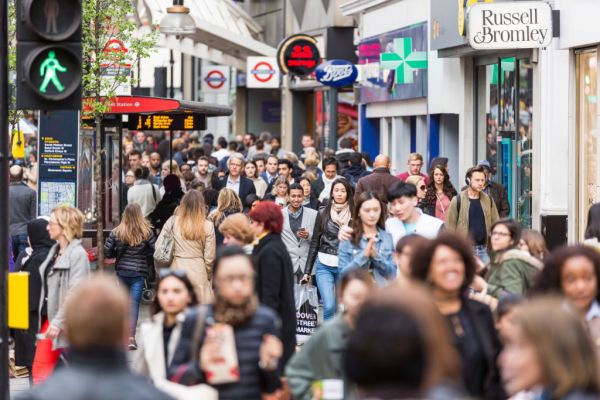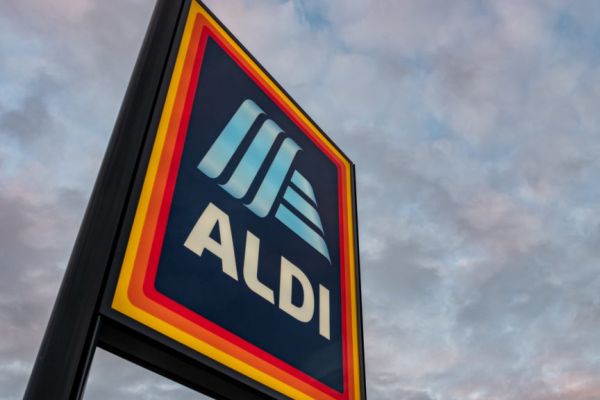Some of the biggest names in British retail have published Christmas trading updates over the past few days. What have we learnt from the flood of announcements?
Christmas Was Merrier Than Expected
Expectations going into Christmas weren't great as the supply chain crisis meant stock levels were lower than planned in some areas such as clothing.
In the event sales have proved pretty robust, which was testament to the strength of consumer demand with spending power boosted by a lack of alternatives.
Supermarket groups, such as market leader Tesco and Sainsbury's, got a boost in sales as more customers avoided bars and restaurants due to the Omicron variant of coronavirus and celebrated at home instead.
Britons also indulged themselves with champagne and other more expensive foods.
Britons Are Braving Supermarket Aisles
December saw the largest number of in-store supermarket visits since March 202O, according to market researcher Kantar, as consumers appeared more confident about visiting stores despite rising COVID-19 case numbers.
Conversely, online grocery sales fell in December by 3.7% against 2020 and accounted for 12.2% of sales, down from a February peak of over 15%.
Some of the cost benefits of having a physical presence as well as online also emerged, with clothing retailer Next for example handling online product returns at its stores.
At Last! Marks & Spencer's Revival Appears Real
After over a decade of false dawns investors are beginning to believe that one of Britain's most elusive retail recoveries could finally materialise.
Another strong trading update from the 138-year old food and clothing retailer, still one of the biggest names in British business, showed that better trading in the first half of last year wasn't a flash in the pan.
M&S, which has a partnership with online retailer Ocado , is now Britain's fastest growing food retailer, while full price sales in clothing have been strong, which is boosting its profit margins.
In contrast online fast fashion retailers ASOS and Boohoo are showing growing pains and their combined market capitalisation is now less than M&S's.
Tracksuits And Sports Shows In Demand
Britons may not be the fittest but they love a tracksuit and a pair of trainers as evidenced by the phenomenal growth of JD Sports Fashion, which has driven a market capitalisation of over £10 billion ($13.7 billion).
A trading update showing 10% sales growth and a chunky upgrade to its earnings outlook mean the group is now challenging Next as Britain's most profitable clothing retailer.
It has exported the formula with brands such as Finish Line and Shoe Palace in the United States.
Hold Tight
While Christmas trading exceeded hopes, retailers have warned that 2022 is looking to be a tough year shaped by the spectre of inflation.
This is a global issue, with Japanese clothing retailer Uniqlo warning it will have to raise prices of some products due to higher costs for raw materials and shipping.
British consumers are facing a cost of living crisis due to fast-rising inflation, surging energy bills and tax increases, leaving retailers, already battling issues from labour shortages to rising transport and logistics costs, looking at a tougher trading environment.
Retailers could also be hit by consumers shifting their spending to overseas holidays and other leisure attractions as more COVID-19 restrictions ease.
News by Reuters edited by Donna Ahern Checkout. For more Retail stories click here. Click subscribe to sign up for the Checkout print edition.






